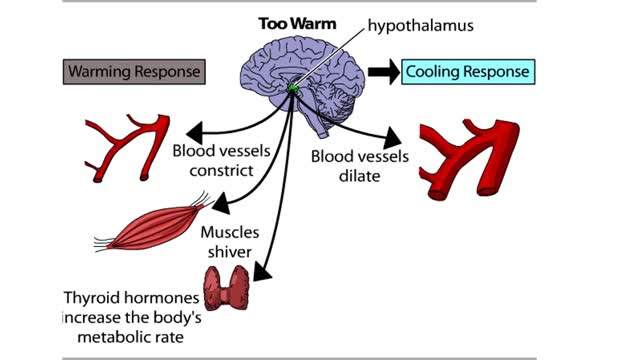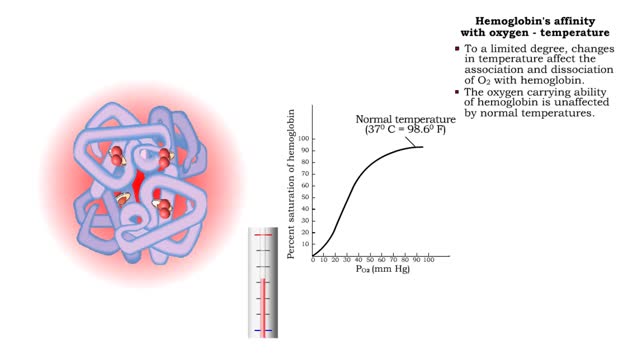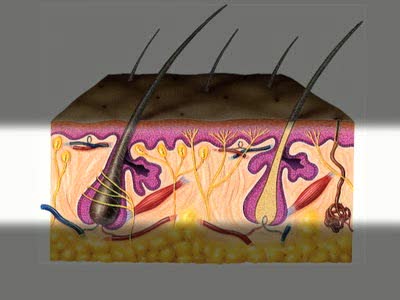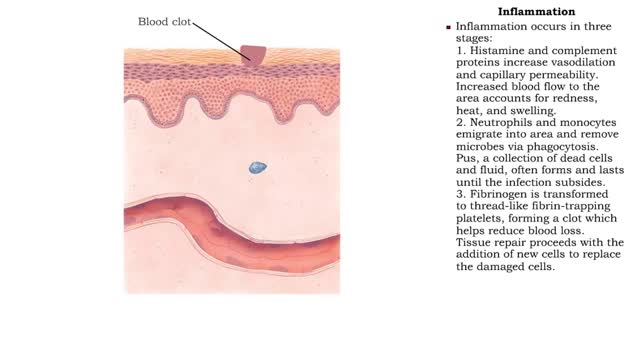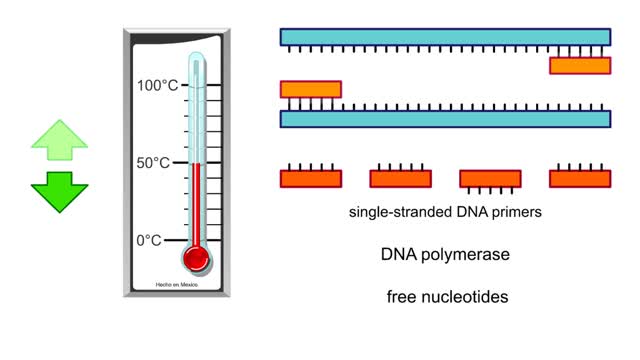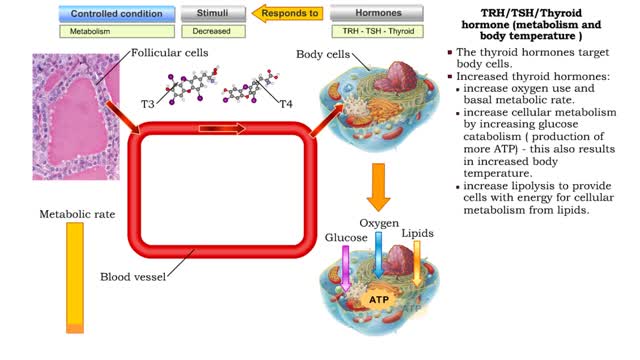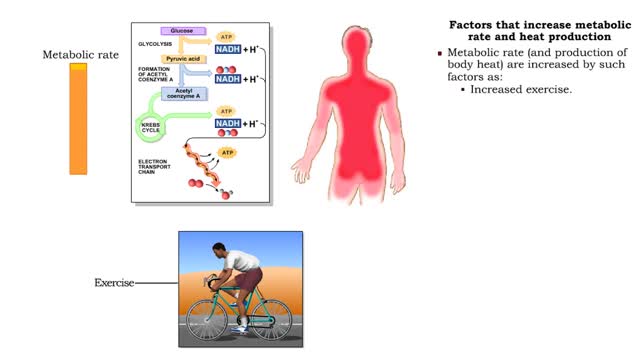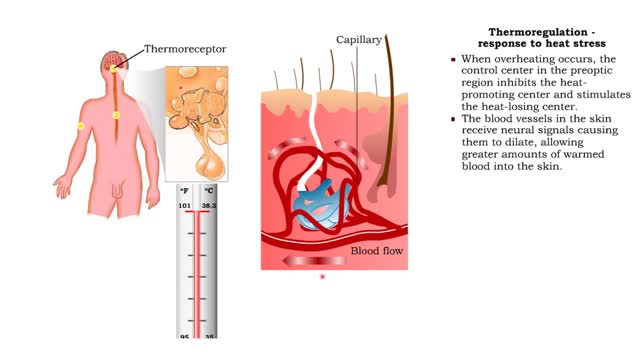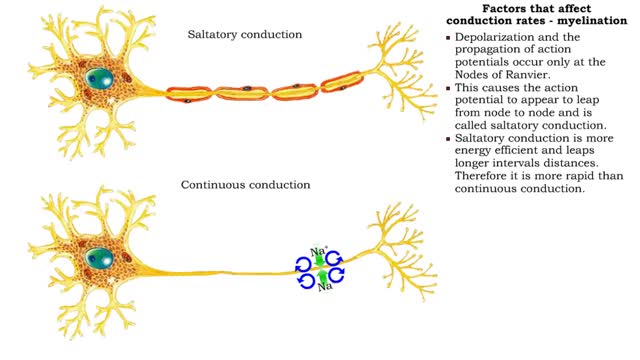Search Results
Results for: 'blood temperature'
The Hypothalamus: The Body's Thermostat (Human Thermostat)
By: HWC, Views: 10525
Normal body function requires a relatively constant body temperature, which is regulated by the body's thermostat, a region of the brain called the hypothalamus. The hypothalamus generates a temperature set point for the body and appears to be the major site for the integration of temperature inf...
Hemoglobin's affinity with oxygen - carbon dioxide, temperature and bisphosphoglycerate (BPG)
By: HWC, Views: 11297
• The carbon dioxide gas is temporarily converted to carbonic acid in red blood cells by the enzyme carbonic anhydrase, and then further converted to hydrogen and bicarbonate ions. • The result of increased carbon dioxide is decreased pH causing the Bohr effect. • Elevated carbon dioxid...
By: Administrator, Views: 14607
The integumentary system comprises the skin and its appendages acting to protect the body from various kinds of damage, such as loss of water or damages from outside. The integumentary system includes hair, scales, feathers, hooves, and nails. It has a variety of additional functions; it may serv...
By: HWC, Views: 11866
• Inflammation is an immune response that can occur anywhere in the body, but is observed most frequently on the skin. • It provides early protection by preventing infection from spreading to other parts of the body. • Inflammation also promotes repair of damaged tissues. Inflammat...
Polymerase chain reaction PCR - Animation
By: HWC, Views: 5260
Polymerase chain reaction (PCR) is a method that amplifies fragments of DNA. The purpose of PCR is to create copies of a specific region of DNA. To use this technique, researchers must know the base sequences at either end of the region of interest. They use this information to create...
By: HWC, Views: 10930
Thyroid hormone production • A decline in metabolic rate caused by increased metabolic need or physical exertion stimulates the production of thyrotropin hormone releasing (TRH) hormone from the cells of the hypothalamus. • Thyrotropin hormone releasing hormone targets the thyrotrophic ce...
Factors that increase metabolic rate and heat production
By: HWC, Views: 11457
• All vital biochemical reactions are temperature dependent. • The overall rate at which metabolic reactions use energy is known as the metabolic rate. • Metabolic rate greatly determines body temperatures. • Temperature is maintained by balancing the loss of heat to the environment...
Metabolic Rate, Heat and Thermoregulation - response to heat and cold stresses
By: HWC, Views: 11532
• A neuron group in the anterior portion of the hypothalamus controls heat balance. • Neurons in the preoptic region of the hypothalamus integrate signals that come from thermoreceptors. • The temperature control center in the preoptic region propagates control signals to two other part...
Factors that affect conduction rates (myelination, axon diameter & temperature)
By: HWC, Views: 11476
• Several factors determine the rate of conduction of action potentials: • Myelination • Axon diameter • Temperature • The step-by-step depolarization of an axon is called continuous conduction and occurs along unmyelinated axons. • Neurons in the PNS have many axons that ...
Advertisement



